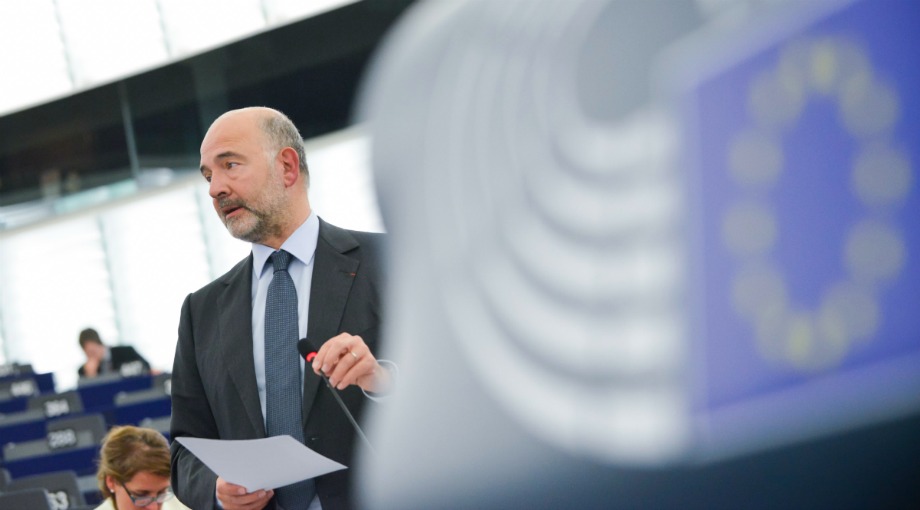The Bahamas launched reviews of its tax policies and data security and Members of the European Parliament called for sanctions and scrutiny of tax havens and of the politicians who use them following a leak of 1.3 million documents from the Bahamas corporate registry.
Bahamian officials announced the moves following the publication of Bahamas Leaks, a collaborative investigation by 30 media organizations in partnership with ICIJ and the German newspaper Süddeutsche Zeitung that exposed new details about politicians and fraudsters behind some of the island’s offshore companies.
As the world’s attention turned to the Bahamas, the minister in charge of the island nation’s offshore industry promised to introduce automatic exchange of tax information with other countries one year ahead of schedule in an effort to rebuff accusations that the Bahamas is courting untaxed money. Separately, the Bahamas Attorney-General, Allyson Maynard-Gibson, announced a review of the country’s data systems that failed to prevent the disclosure of more than one million documents.
The OECD’s head of tax, Pascal Saint-Amans, expressed concern after Bahamas Leaks that the country would not meet its international tax commitments. In an interview with Spanish newspaper, El Mundo, Saint-Amans warned the Bahamas could soon be put back on the OECD’s blacklist of tax havens.
Bahamian officials and press outlets have used a number of forums, including a United Nations address, to defend the country and denounce the Bahamas Leaks investigation as a “coordinated conspiracy.”
Separately, the European Commission is determining whether or not to take action against former competition commissioner Neelie Kroes, who was Europe’s top corporate enforcer from 2004 to 2010. Documents from Bahamas Leaks revealed that Kroes failed to declare her directorship of a company that negotiated to buy billions of dollars in assets from the energy giant Enron.
In a fiery session on Tuesday, Members of the European Parliament called for stronger rules and sanctions, including the revocation of pensions, in cases where senior EU officials have conflicts of interest. MEPs alleged that Kroes had lied to parliament, weakening public trust in the EU.
“When former top commissioners are discovered to be linked to overseas tax havens, and the global financial companies that benefit from them, the EU’s credibility takes a justified hit,” said Danish MEP Jeppe Kofod, who leads the Social Democrats party.
Kofod said the Bahamas Leaks showed the need for better legislation to “end the world of secrecy, fraud, corruption and tax evasion, and put real pressure on tax havens,” and also for a more stringent vetting process for commissioners.
“In the case of former Commissioner Kroes, the fact that she was a director of a holding company in the Bahamas only came to light after she had retired from the Commission. That proves that the vetting process for Commissioners simply is not working.”
Other MEPs joined the call for European authorities to do more to end corporate secrecy.
“The Bahamas papers revealed again the murky role played by tax havens in global tax evasion,” said MEP Molly Scott Cato from England.
“Lux Leaks, Panama Papers, Bahamas Leaks,” said Michael Theurer, a German parliamentarian who referred to three of ICIJ’s recent projects that made international headlines. “Clearly there is a need for action.”
Speaking on behalf of the European Commission, commissioner Pierre Moscovici defended the Commission’s track record and sought to temper many of the MEP’s concerns.
“I think we should not turn problems raised by members of the previous Commission into an amalgam on the Commission and the Parliament. Let’s not use material errors and personal choices, which can be regrettable, to question rules that will never be able to determine a solution for this type of situation,” he said.
Moscovici assured MEPs that the Commission would listen to the issues, and would also continue to support the work of the European Parliamentary committee (the so-called PANA Committee) established in the wake of Panama Papers to investigate tax avoidance and money laundering.
The PANA Committee announced at its first public hearing last week that it would broaden its coverage to include relevant information from Bahamas Leaks.
Read more about the impact from ICIJ’s investigations, and find out how you can support ICIJ’s work
Find out first! Receive ICIJ’s investigations by email
